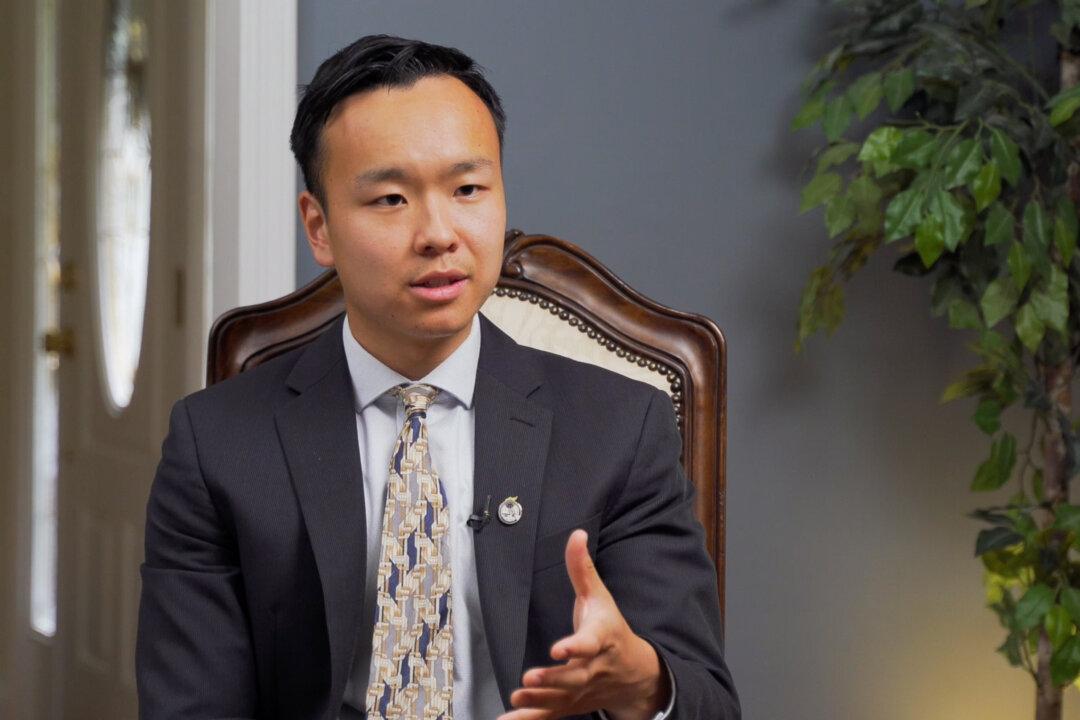Affirmative action adopted by Ivy League universities such as Harvard in their admissions programs is an attack on excellence in American culture because it denies admission to other students who scored higher on the entrance exams, said Kenny Xu, author and president of the organization “Color Us United.”
Moreover, the culture that disparages minority students for achieving in schools—driven by equity—leads to dumbing down the best and brightest of the next generation, Xu told EpochTV’s “American Thought Leaders” program.






